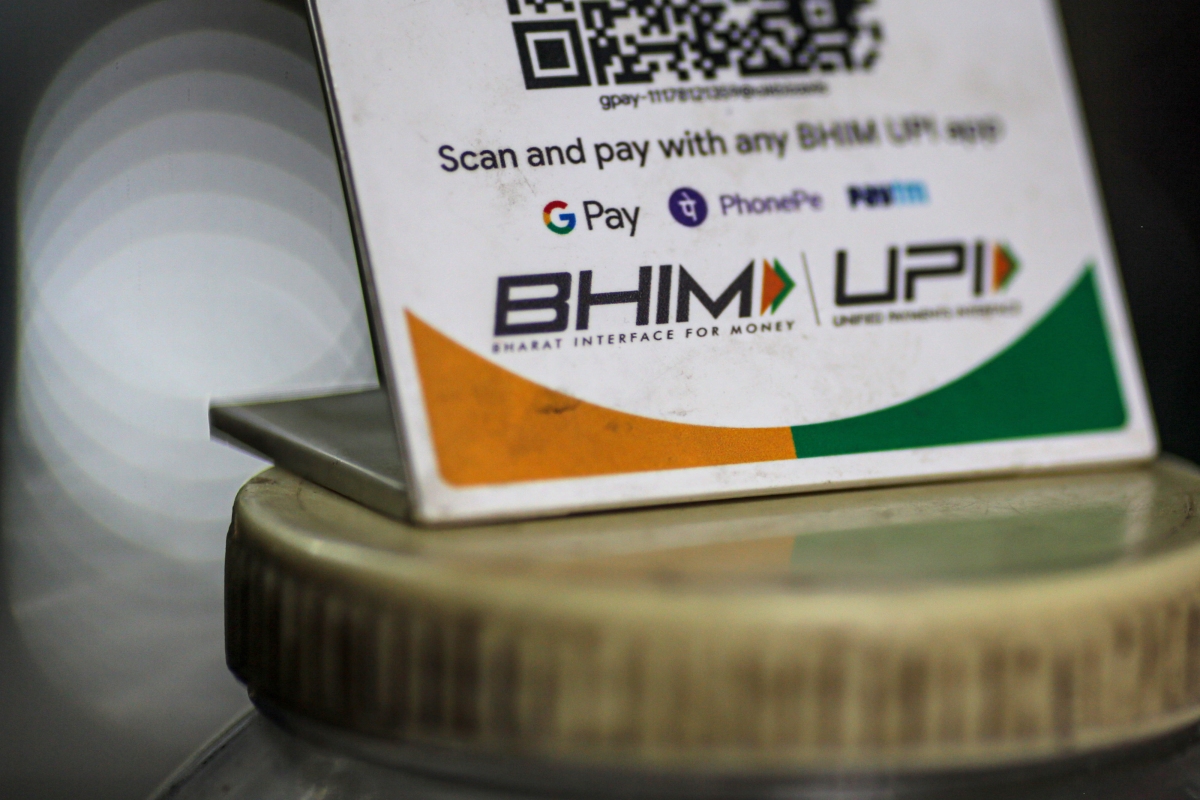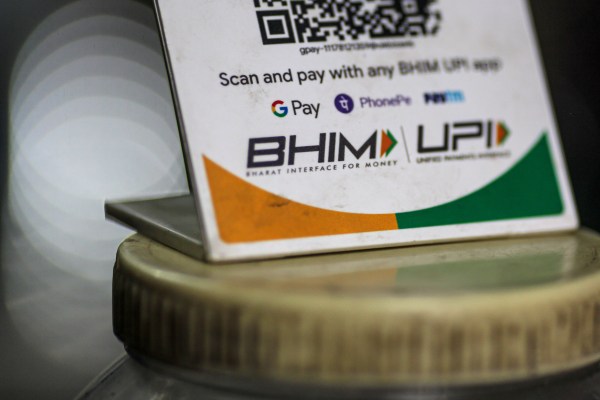Business
India and Singapore link UPI and PayNow in cross-border payments push


India and Singapore have linked their digital payments systems, UPI and PayNow, to enable instant and low-cost fund transfers in a major push to disrupt the cross-border transactions between the two nations that amounts to over $1 billion each year.
The linkage between the two systems went live Tuesday, the two nations’ central banks said at a press conference. Eight banks including DBS, Liquid Group, Axis Bank and State Bank of India from Singapore and India are currently participating in the collaboration, they said. Citizens in each nation can use their local payments systems to send money to those in the foreign land in “real-time.”
For now, an Indian user can remit up to 1000 Singapore dollars a day, the Reserve Bank of India said.
The two nations announced their plan to link their payments systems in 2021 and had originally set a deadline of July 2022 to go live with the collaboration. “The PayNow-UPI linkage is India’s first cross-border, real-time system linkage and Singapore’s second. It’s also the world’s first such linkage feature cloud-based infrastructure and participation by non-bank financial institutions,” said Singapore Prime Minister Lee Hsien Loong at the conference.
“As we progressively add more users and use cases, the PayNow and UPI linkage will grow in utility and contribute more to facilitating our trade and our people to people links,” he added.
UPI, a seven-year-old payments infrastructure developed by a coalition of retail banks, has become the most popular way Indians transact online.
The system, adopted by scores of local and global firms including Walmart, Google and Facebook, processes over 8 billion transactions a month. Like UPI, Singapore’s PayNow also offers interoperability between banks and payments apps in the nation, allowing users from one payment app to make transactions to those on other apps.
Nearly 250 million people across the world send over $500 billion in cross-border remittances annually, according to Citi. But the space is ripe for disruption. “The fees are extremely high. It is embarrassing that we have not solved this issue so far,” Citi analysts wrote. Global average cost for sending money is around 6.5%.
Tuesday’s announcement is the latest in an ongoing effort from New Delhi to launch and expand its tech infrastructure such as UPI and DigiLocker to other nations. India plans to use its ongoing presidency of the G20 forum to make presentations to other nations about its digital infrastructure.
-

 Entertainment7 days ago
Entertainment7 days agoHow to watch the Golden Globes live without cable
-

 Entertainment7 days ago
Entertainment7 days agoCES 2025: Everything to expect
-

 Entertainment6 days ago
Entertainment6 days agoCarter’s UFO hounded him for years. Few knew his expertise in astronomy.
-

 Entertainment6 days ago
Entertainment6 days ago2025’s biggest movie anniversaries: ‘Jaws’ to ‘Batman Begins’ and beyond
-

 Entertainment3 days ago
Entertainment3 days agoAcer Nitro Blaze 11 at CES 2025: A Switch and a gaming laptop have a huge baby
-

 Entertainment4 days ago
Entertainment4 days agoGolden Globes winners 2025: Here’s the full list
-

 Entertainment3 days ago
Entertainment3 days agoSkylight Calendar Review: Is it worth it?
-

 Entertainment3 days ago
Entertainment3 days agoMeta ditches fact-checking for community notes ahead of second Trump term




















